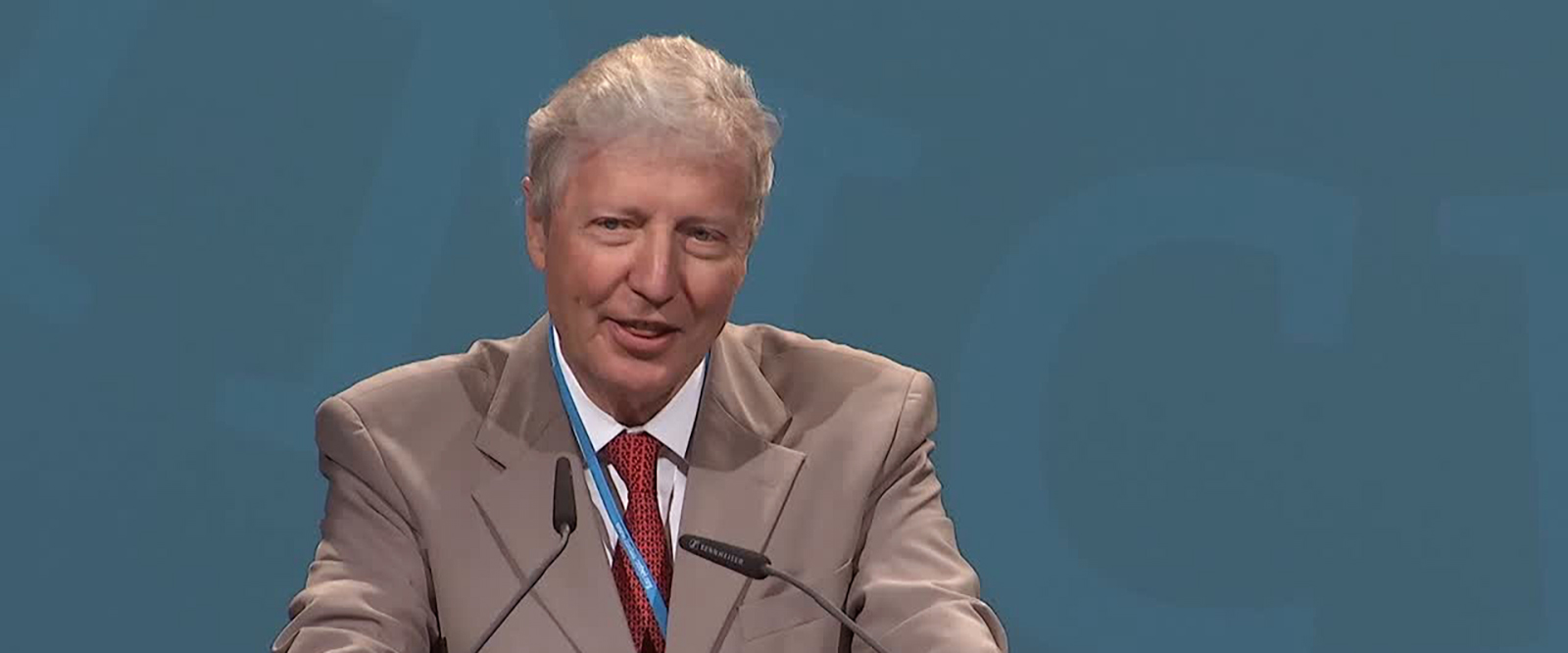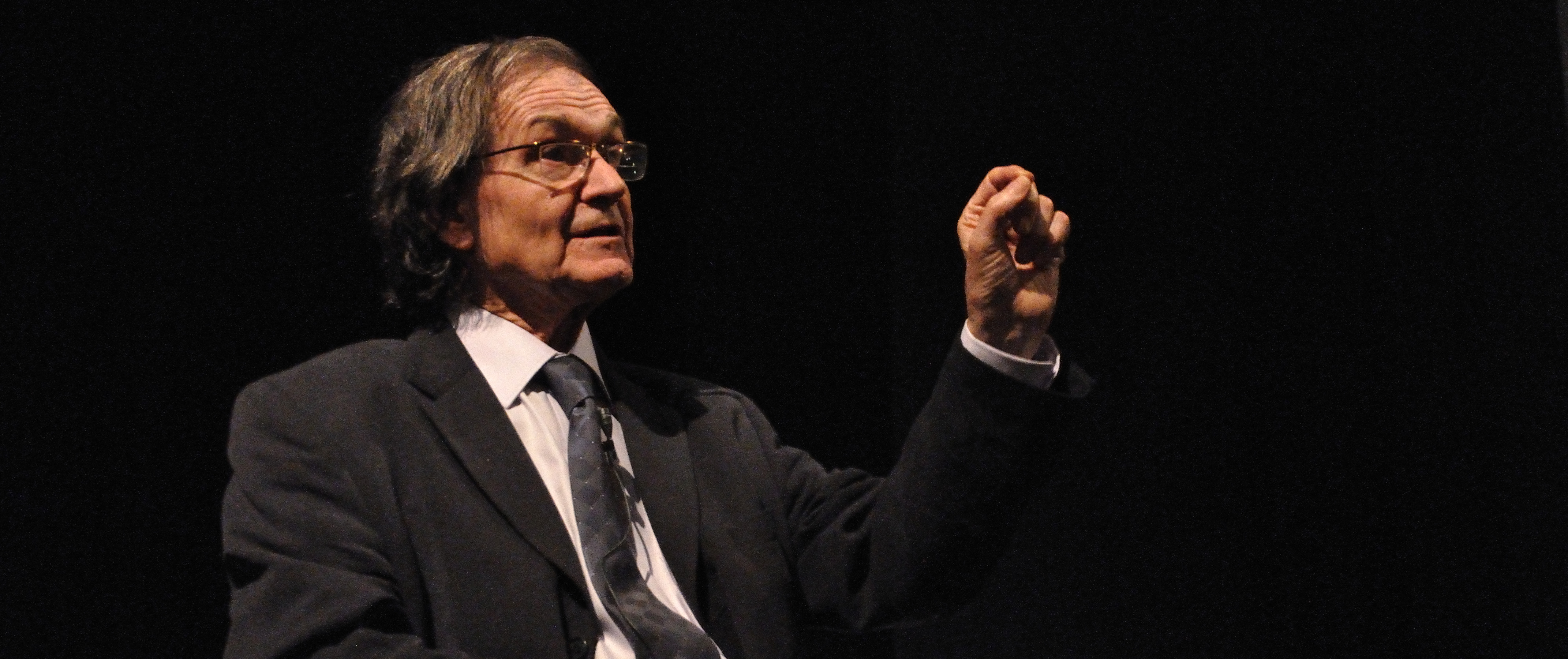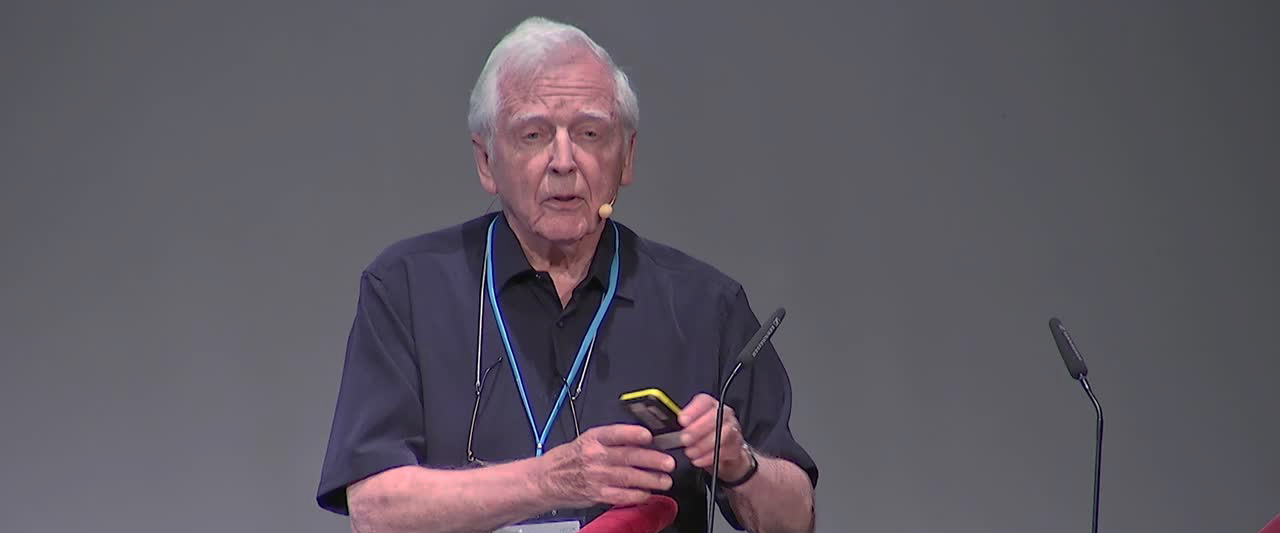13 December 2022. Francesco Pappalardo Department of Drug and Health Sciences, University of Catania, Italy
Modelling cellular and molecular interactions within the immune system
On Tuesday the 13th December 2022 at 4.30 pm, Francesco Pappalardo of the Department of Drug and Health Sciences, at the University of Catania will give a seminar entitled Modelling cellular and molecular interactions within the immune system. The poster of the seminar is available here. All College students are invited to attend, especially students reading Medicine, Biological Sciences and Biotechnology
_____________________________________
Abstract
In Silico Medicine (the use of modelling and simulation in the support the clinical decision about individual patients) and in silico trials (the use of modelling and simulation in the assessment of new medical products) have the potential to revolutionise healthcare. The promises are enormous, but the risks associated to such radical departure from the traditional approaches is also considerable. Currently the journey of a new pharmacological product from the discovery of molecules until entering the market is very long and expensive. New interventions are first tested in vitro with cell cultures and then in vivo in animal models (usually two models are required to pass the approval of the regulatory bodies, the mouse being the most used one). Surprisingly, only 20% of the interventions that are successful in animals are then successful in patients during the most expensive phase of the assessment in clinical trials.The main target of biomedical world when dealing with the majority of pathologies is to understand its biological dynamics and to find a way to cure it. This heavily includes how cells and molecules of the immune system interacts each other to orchestrate a defense and how one can externally (and artificially) provide stimuli to eventually prepare human immune system in advance. Agent-based models (ABM for short) are computer models that attempt to capture the behaviour of individuals within an environment. Their wide usage in biomedicine environments is because they are more intuitive that mathematical or statistical models as they represent objects as individual things in the world. The most familiar examples to many people are The SIMs™ or SIMCity™ computer games in which people or other entities interact with each other and/or their environment. In biomedicine, ABM can be seen as in silico lab where one can capture the understanding of systems and, more fascinating, test “what if” scenarios. The lecture will provide a general introduction on what ABMs are and the main applications that involve their use in molecular and cellular modeling. In addition, a more detailed look at the biomedical applications is provided, with a special attention to immune system modelling. Finally, a very brief state of the art towards regulatory context of in silico trials is presented.
Biography
Francesco Pappalardo is Deputy Director of Department of Drug and Health Sciences, at University of Catania, Italy. He is involved in several multi-institutional funded projects in Europe and USA. He holds computer science professorship appointment at University of Catania and he is visiting professor at the Boston University and Health Informatics Research Lab, Computer Science Department, USA. In addition, he is the founder of the COMBINE research group (www.combine-group.org). Research activity of Francesco Pappalardo is focused on the application of computational models in the field of systems biomedicine. He is one of the pioneers of in silico trials, where he currently also deals with regulatory aspects with the European authorities. The most visible projects from his group are (1) scientific coordination of the “In Silico World” funded project with the aim of lowering barriers to ubiquitous adoption of In Silico Trials; (2) development of in silico trials framework for immunotoxicity risk assessment of chemicals evaluating the potential for unintended effects of chemical exposure on the immune system; (3) scientific coordination of the “STriTuVaD” project where an in silico trial computer model is being developed to drastically reduce the cost of innovation in tuberculosis care; (4) in silico vaccine developing for prompt actions against SARS-CoV-2; and (4) development of immune system in silico trial modeling and simulation suite to support specific research on immunotherapies. In addition, his group also specializes in molecular modeling and biological pathway analysis with specific interest in precision medicine. Professor Pappalardo has published more than 150 articles in international journals and conferences. He serves the scientific community as president and member of the program commissions for prestigious international conferences and is a member of editorial boards for major bioinformatics journals.
Image
A computer model of a network of dendritic cells. Courtesy of J Yu, St Jude Children's Research Hospital.












